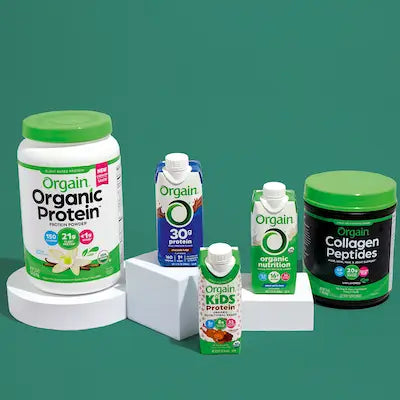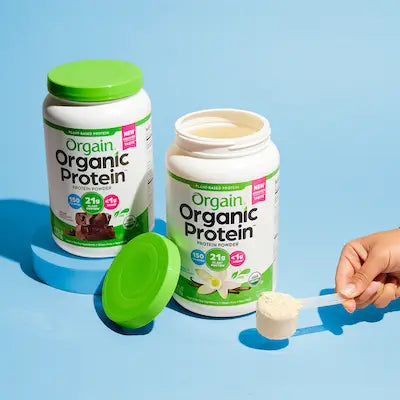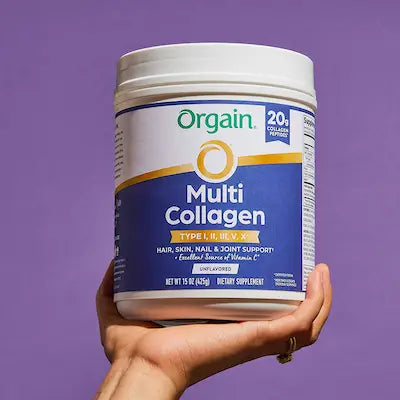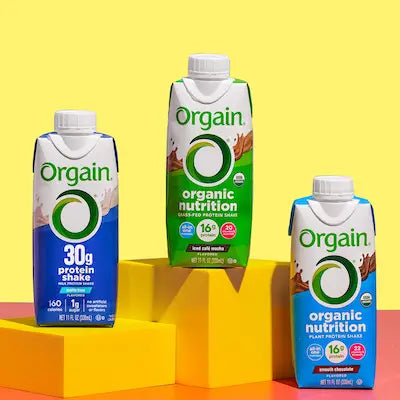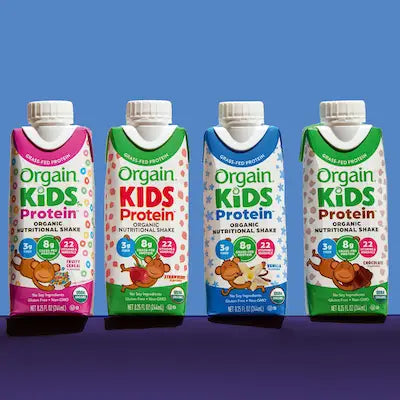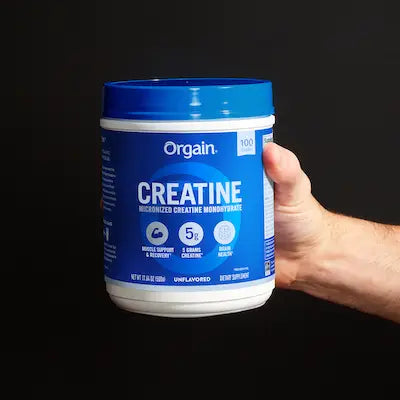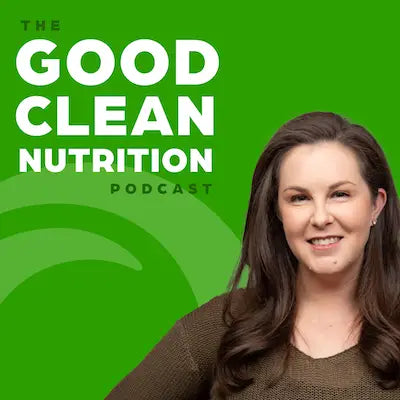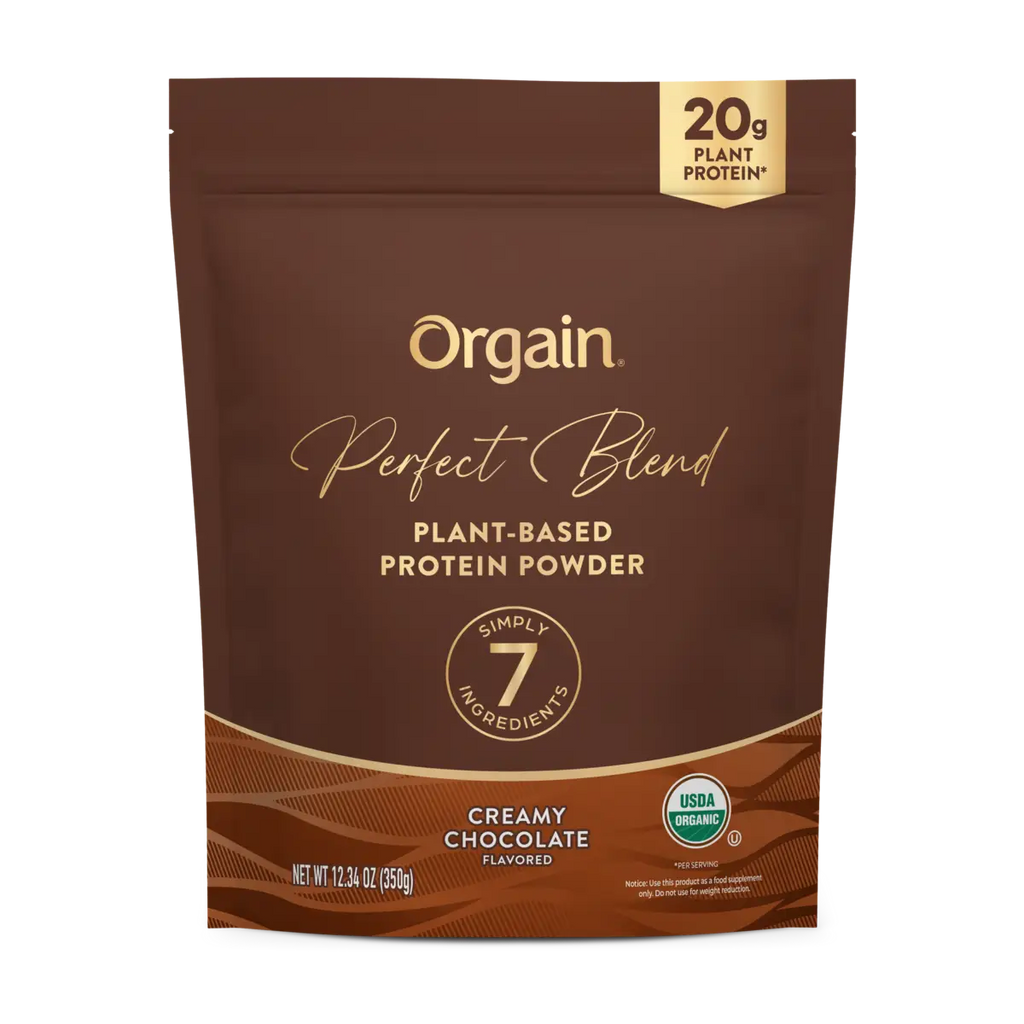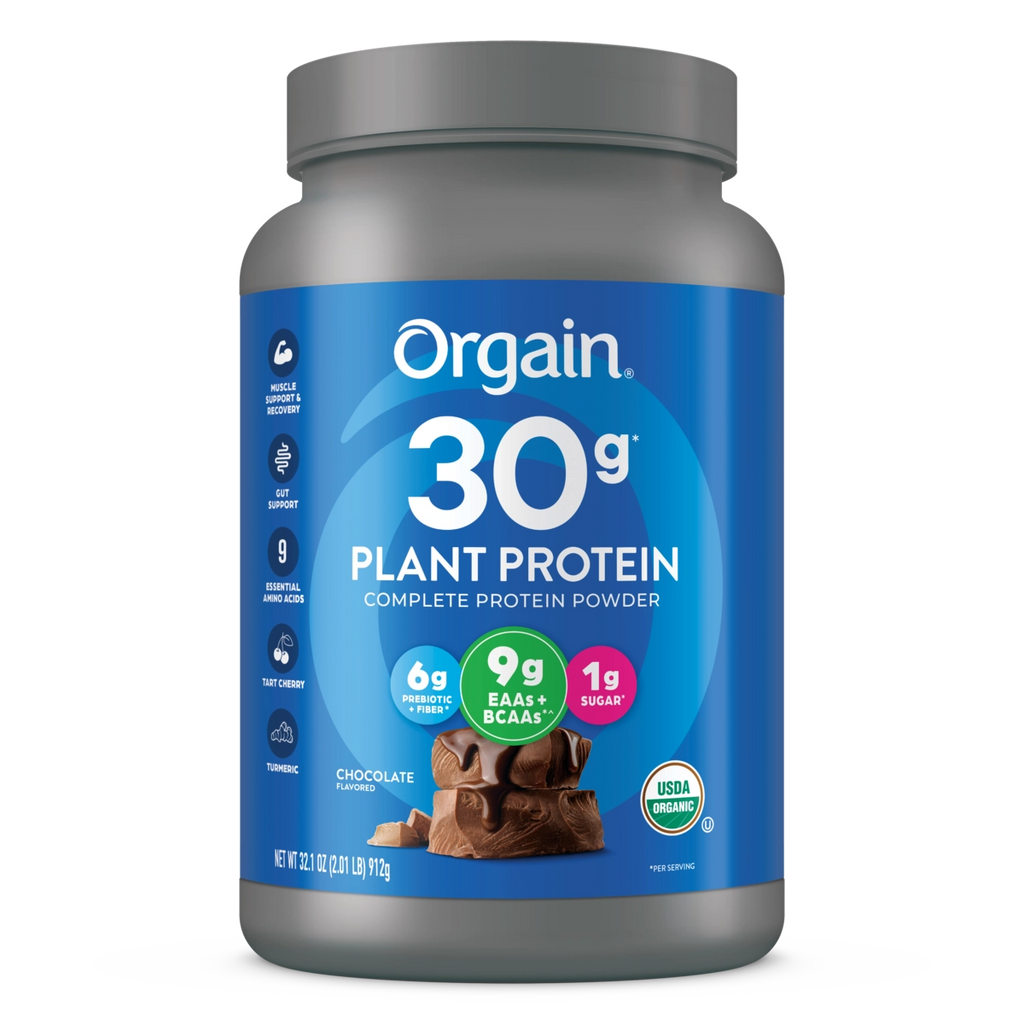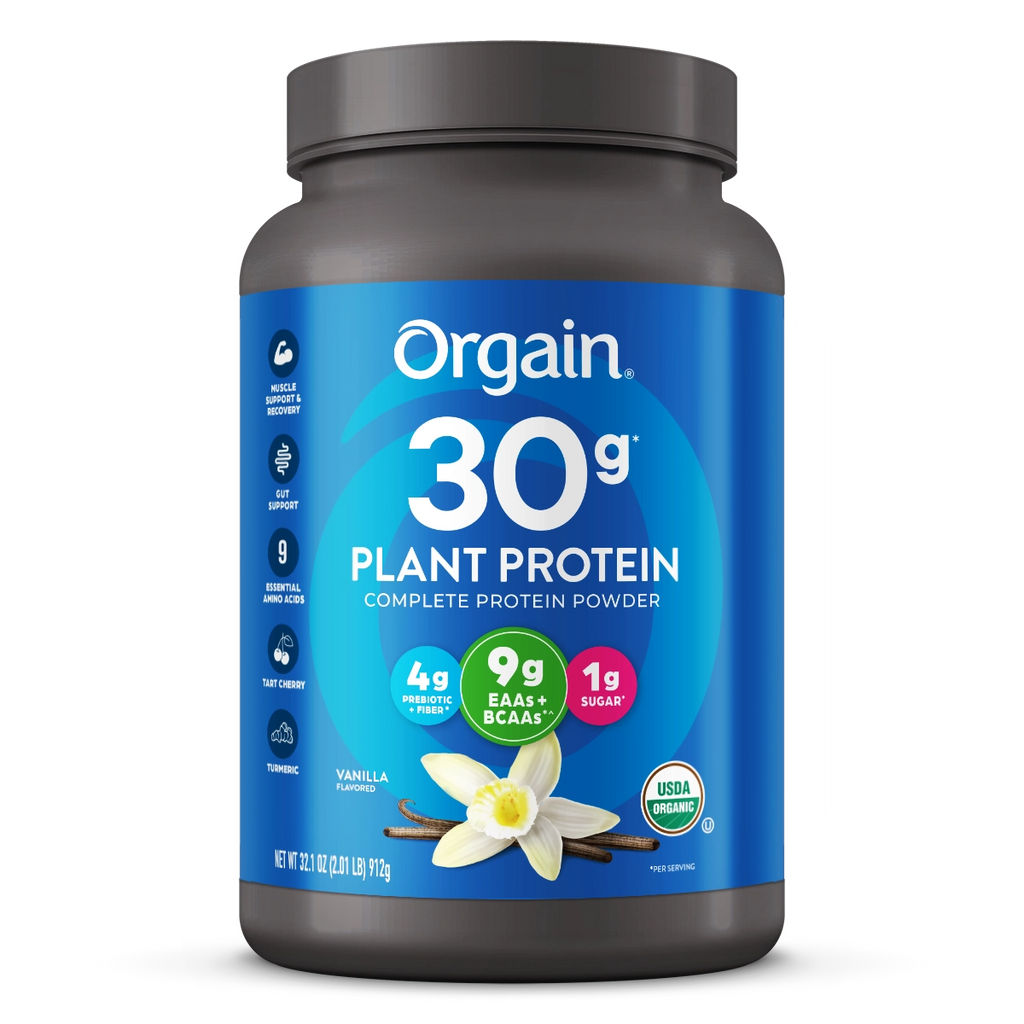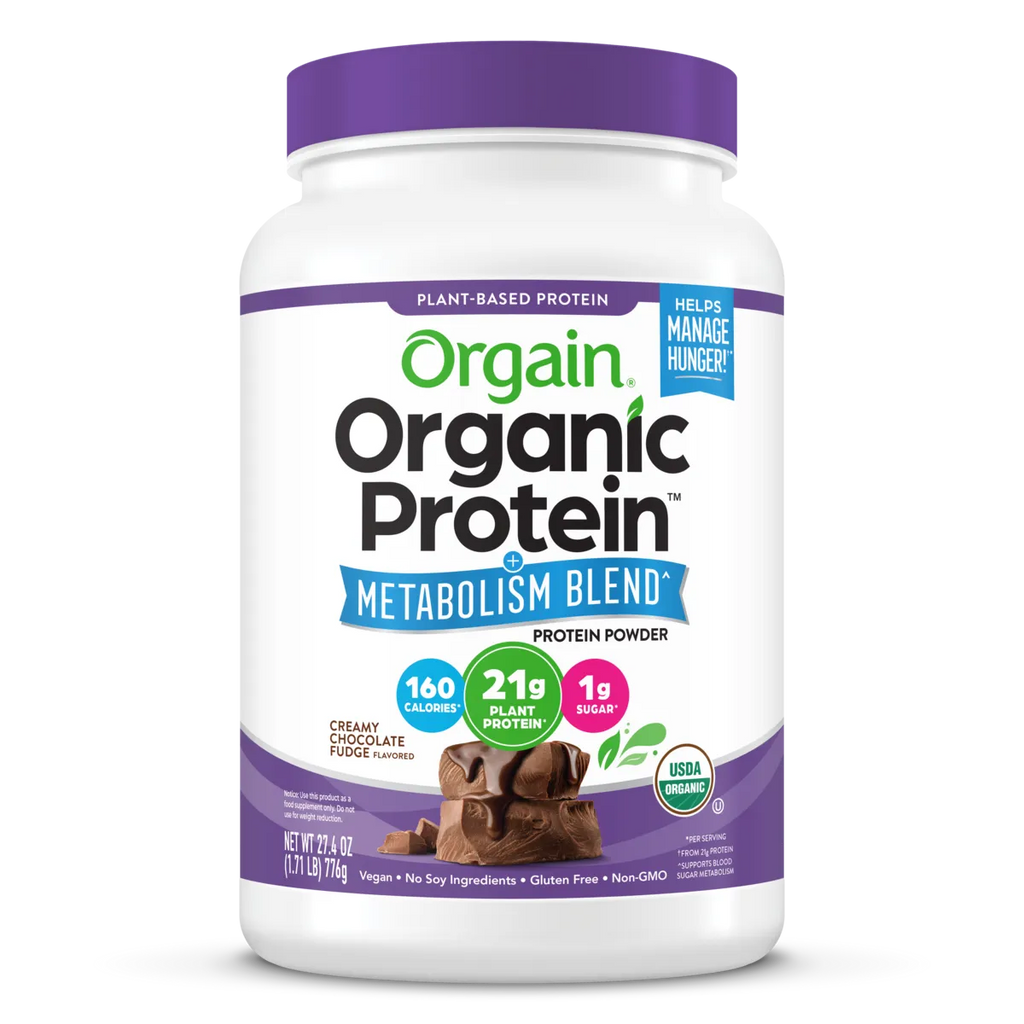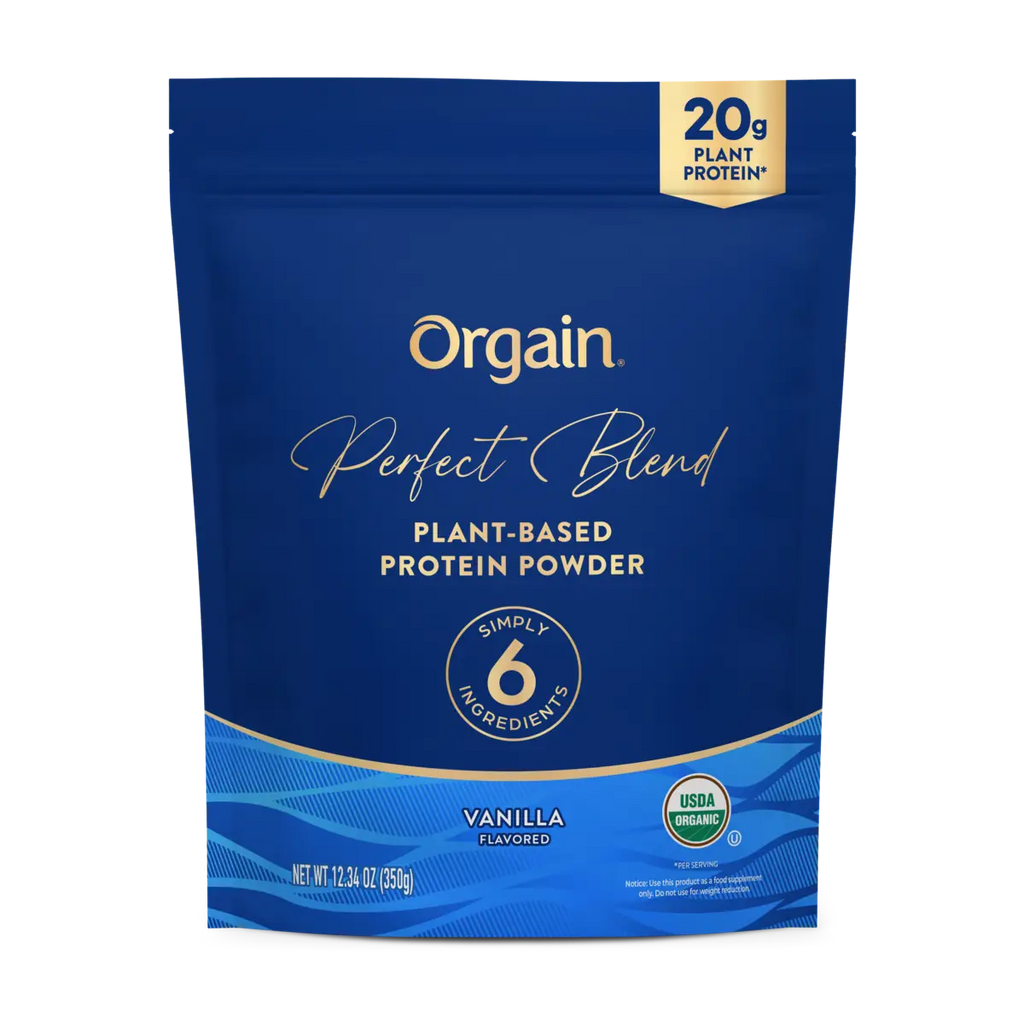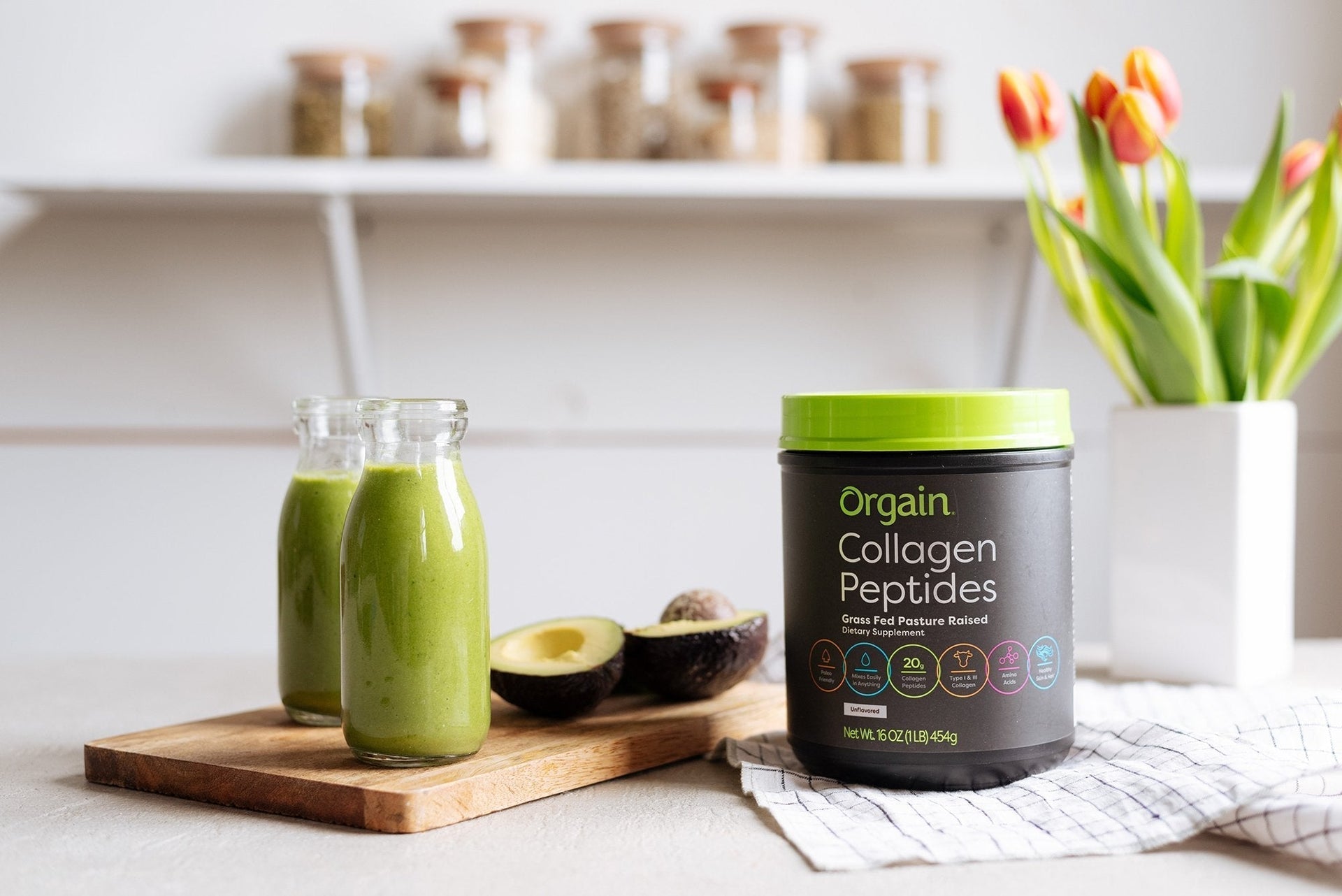What is Soy?
Soy, often referred to as soybeans, is a type of bean that is natural to Asia. Soybeans boast a high protein content, particularly in comparison to other types of plants, and they can be prepared and consumed in many different ways.
Soybeans grow in a variety of colors, including green, yellow, and black soybeans, each of which is used for a slightly different purpose. Black soybeans are traditionally used in their fermented form in some Asian food cultures, while yellow soybeans are typically used to create soy milk, tofu, tempeh, and tamari. Green soybeans are used to create edamame, which is steamed and eaten out of the pod or mixed into salads, soups, and other dishes. Soy can also be used to produce soy milk, soy cheese, and soy oil.
Soy is the only plant-based food that is considered a complete source of protein, meaning it contains all nine essential amino acids that humans must obtain from their diet. It should be noted that soy does contain low levels of two of the nine essential amino acids, so people would need to eat a lot of soy if they do not consume any other source of protein. Soy also contains lots of vitamins and minerals, including vitamin C, folate, calcium, magnesium, potassium, iron, phosphorus, and thiamin.
Is Soy Bad for You?
You may be wondering, is soy food bad for you? Despite all of the nutrients found in soy and its high protein content, there are some concerns about including soy as a key part of your diet.
While soy has been consumed in a healthy way for centuries, it can have negative effects when consumed in large quantities, which can commonly occur when people who follow plant-based diets rely on meat substitutes that are made with soy.
In general, the less processed a soy food is, the healthier it is. However, soy is often used as a source for plant-based protein in products that are marketed to vegans and vegetarians, and as it becomes more processed, it is likely to contain more fat, sugar, salt, additives, and fillers.
More research is needed, but the concerns around soy are related primarily to the high concentration of isoflavones found in soybeans. Isoflavones are a type of plant estrogen, or phytoestrogen, that work in a similar way to the estrogen that is naturally found in humans.
Due to the similarities of plant estrogen and human estrogen, soy isoflavones have been found to bind to estrogen receptors in the body, potentially causing weak estrogenic or anti-estrogenic activity. As a result, consuming soy can lead to a number of different health risks and concerns.
7 Risks of Eating Soy Rich Foods
Pesticides and GMOs
One of the risks of eating soy without doing your research is potentially ingesting harmful pesticides or choosing a product that contains soybeans that are genetically modified (GMO).
GMO soy has been found to contain fewer nutrients and more residues from herbicide and pesticide than organic soy or conventional soy, so it may not be a healthy option. Chances are good that if you’re consuming soy products in the United States, you’re consuming GMO soy, as approximately 94 percent of soybean farmland in the United States is used to grow GMO soy.
Chronic Inflammation
If you’ve started following a gluten-free diet due to gluten sensitivity but have not seen a decrease in chronic inflammation, soy may be to blame. The molecular structure of soy closely resembles the molecular structure of gluten, which is known to contribute to inflammation and cause an immune response in people who have a sensitivity to gluten.
As a result, if you eat a gluten-free diet due to gluten sensitivity but haven’t given up soy, your body may continue to produce the immune response that contributes to chronic inflammation.
Soy Allergy Flare-Ups
Soy is one of the most common food allergies on the planet, and soy allergies often appear as early as infancy in children who are fed soy-based infant formula.
While most children eventually outgrow a soy allergy, some people carry the allergy into adulthood. Symptoms of soy allergies can include hives or itching in and around the mouth in more mild cases, while some people experience a severe, life-threatening reaction called anaphylaxis, which can cause swelling of the face and difficulty breathing.
Gas and Bloating
Several studies have linked soy consumption in animals to digestive issues that occur as a result of reductions in the gut’s barrier function. In humans, soy consumption may contribute to leaky gut syndrome, which can cause inflammation and problems with digestion like excess gas and bloating.
If you consume a significant amount of soy and have digestive symptoms, cutting out soy may help resolve the problem.
Sex Hormone Disruption
As established above, soy contains isoflavones that mimic the activity and effects of the female reproductive hormone estrogen. In women who are postmenopausal, soy may act more like an estrogen, while in women who are premenopausal, soy seems to work as an anti-estrogen. In men, the effects of the soy isoflavones have been found in some studies to reduce the production of the male hormone testosterone, which may cause feminizing effects. These effects are more likely to be observed at high levels of soy consumption.
Thyroid Problems
Tests conducted in test tubes and on animals have found that some of the compounds contained in soy may reduce the function of the thyroid gland. A study conducted in 2016 found that women who consumed higher levels of soy were more likely to have an elevated level of thyroid stimulating hormone (TSH), which is linked to an underactive thyroid. These effects were not noticed in men.
Anti-Nutrient Properties
Soybeans have been found to lower the body’s ability to absorb some of the vitamins and minerals that are naturally found in soy. Studies show that these effects can be reduced by cooking, fermenting, soaking, or sprouting soy prior to consumption.
Who Should Not Eat Soy
Soy should not be consumed with people who have a soy allergy or who have a gluten sensitivity, as the consumption of soy will cause an immune system response in these individuals. Individuals who are at risk of poor thyroid function or who have an underactive thyroid should avoid soy, as soy has been found to increase levels of TSH in some individuals. Women who are experiencing infertility or who are at risk of infertility should also steer clear of soy, as changes in the levels of estrogen in the body can cause irregularities in your cycle.
Can Eating Soy Be Good for You?
Soy is associated with a number of different health benefits when consumed in small quantities.
Soy may be linked to the following health benefits:
- Lower cholesterol levels
- Improved heart health and reduced risk of heart disease
- Lower blood pressure
- Lower blood sugar
- Reduced symptoms of menopause
- Improved bone health
- Lower risk of certain types of cancer
What You Should Eat Instead of Soy
If you’re trying to steer clear of soy due to the health risks but are looking for other plant-based protein sources, you still have plenty of options.
Instead of eating soy, try eating any of the following for a boost of protein:
- Seitan
- Beans
- Nuts and seeds
- Plant milks (besides soy)
- Soy free, plant-based meats
- Protein powder made without soy
Conclusion
Soy does have some health benefits, but there are also plenty of risks. You can obtain all of the protein you need on a plant-based diet without adding soy to the mix.
Orgain’s Organic Protein™ powder made without soy ingredients offers a quick, easy way to get the nutrition you need without the risks to your health.
Sources:
Recent Trends in GE Adoption - USDA
Soy Food Intake and Circulating Levels of Inflammatory Markers in Chinese Women - NCBI
Soy and Health Update: Evaluation of the Clinical and Epidemiologic Literature - NCBI
Role of Fermentation in Improving Nutritional Quality of Soybean Meal — A Review - NCBI
